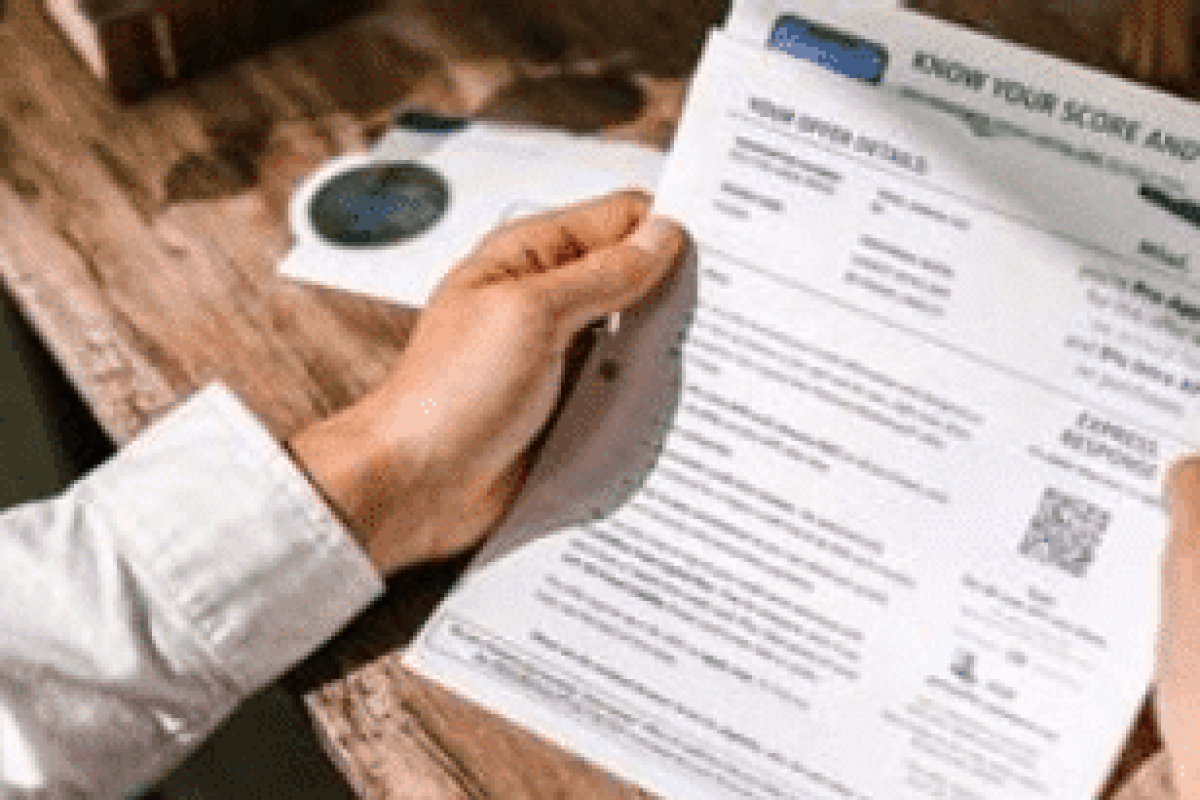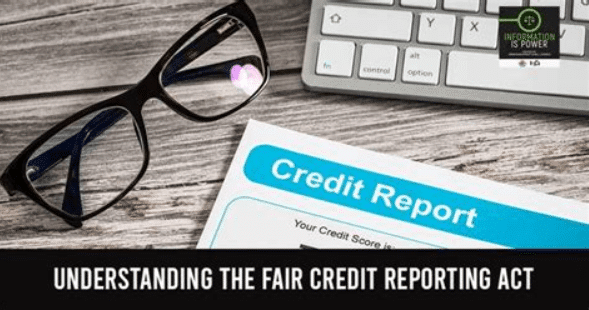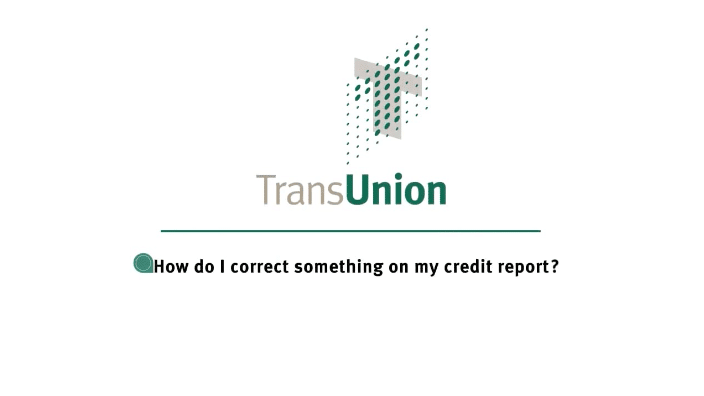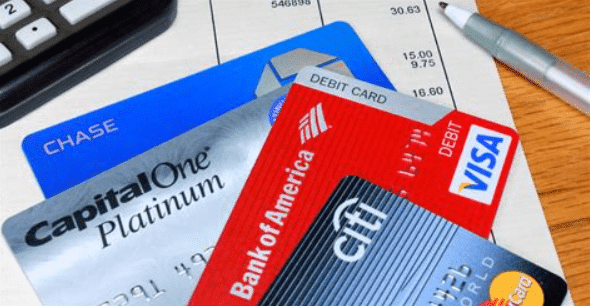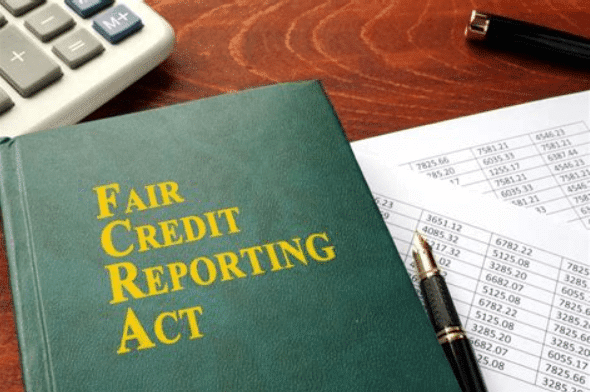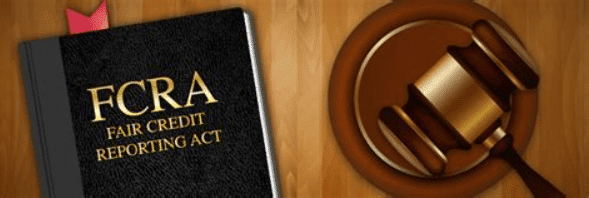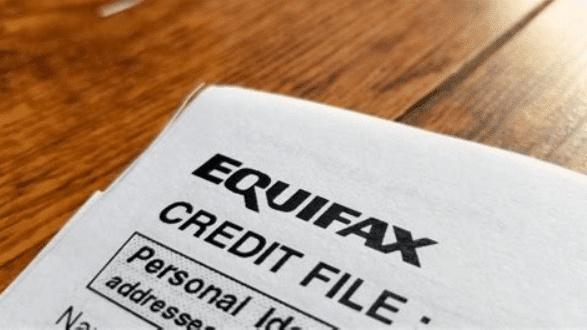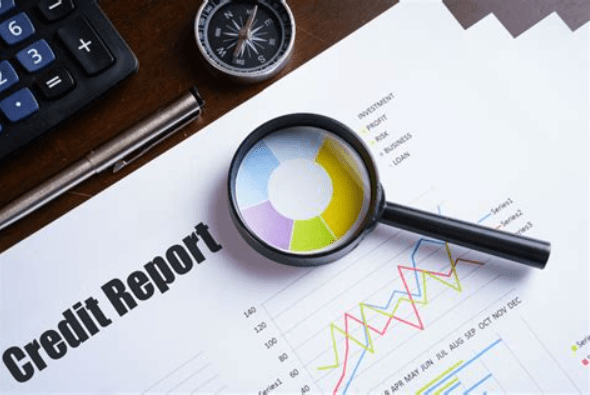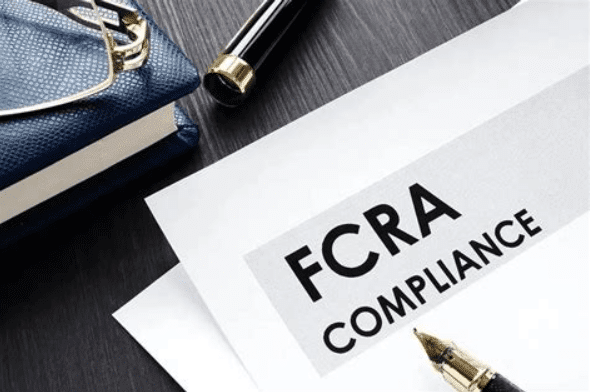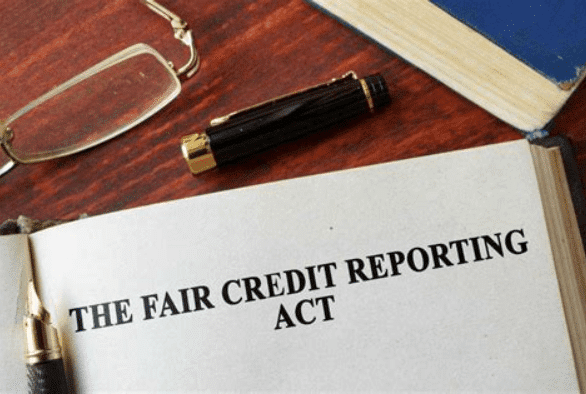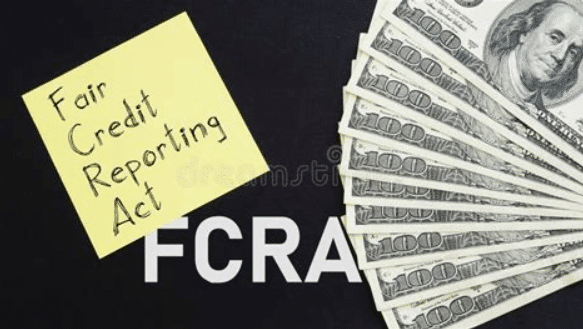Should you identify any inaccuracies within your credit report, it is advisable to promptly initiate a dispute process with Experian. Addressing discrepancies in a timely manner ensures the integrity of your credit profile. Notably, rectifying erroneous information will not adversely affect your credit score; rather, it may result in an improvement should the inaccuracies be corrected. Safeguarding your creditworthiness is paramount in navigating financial transactions, as lenders rely on your credit report to assess eligibility for various services such as loans and mobile phone plans, as well as for employment considerations. Negative entries can impede access to financial resources, housing opportunities, and employment prospects, underscoring the significance of maintaining an accurate credit history.
According to a survey by the FTC, approximately 5% of consumers have mistakes on their credit reports that are serious enough to stop them from obtaining favorable loans. About 25% of consumers have errors that could affect their credit scores.
With such a high potential for credit reporting errors, it’s essential to check your credit report with each credit reporting agency yearly. You’ll need to submit a dispute to the credit reporting bureau if you find mistakes.
This article will discuss how to submit a credit reporting dispute to Experian.
How do I obtain my credit report with Experian?
You can get a copy of your Experian credit report through the Annual Credit Report website.
Annual Credit Report is a government-authorized website that allows you to download a copy of your credit report from all three credit reporting bureaus, including Experian, Equifax, and Transunion. Usually, the government grants you access to each report once per year for free. However, due to the ongoing pandemic, you can check your report weekly through December 31, 2023, without paying for the download.
Experian also offers a monthly plan for individuals seeking more insights into their credit reporting. Their program provides customers with FICO scores and customized recommendations for enhancing their credit.
What should I look for when checking my Experian credit report?
Once you obtain a copy of your Experian credit report, you’ll want to print it out and review each item. Check your basic personal information, like your name, address, phone number, and Social Security number. While these details don’t impact your credit score, correcting any mistakes can reduce the chances of future reporting errors.
Next, you’ll want to examine each account listed on your credit report. Each account should include your creditor’s name, maximum allotted credit, current balance, and account number. You’ll also see your payment history.
Compare each account with your records. If you see discrepancies, circle them and write them down in a notepad.
Also, check for collections accounts and open medical bills. If you note any on your credit report, ensure they align with your documentation.
According to the Consumer Financial Protection Bureau, the most common credit report errors include:
- Incorrect personal details
- Accounts that belong to someone else with a similar name as you
- Wrong account balance or credit limit
- Listing you as the owner of an account when you’re an authorized user
- Same debts listed multiple times
- Incorrect reporting of late payments
- Closed accounts indicated as open
If you notice errors on your report, you’ll want to correct them, even if you don’t think they negatively affect your credit score. Remember, circle all the errors you find and record them in a notebook for future reference.
Should I notify my creditor of a reporting error?
In certain instances, expediting the error rectification process can be achieved by directly engaging with your creditor rather than initially informing Experian.
Initiating contact with your creditor to outline the inaccuracies present on your credit report is advisable. It is recommended to collate any supporting evidence pertinent to your claim beforehand. Upon receiving your communication, the creditor may request documentation via email to substantiate your assertions.
Subsequently, upon the creditor’s review of the provided details, a determination will be made regarding the correction of the error on your credit report. Typically, the creditor can conclude their investigation within a week or less. If they concur that an error was made, they will promptly inform the credit reporting agencies for immediate rectification.
Conversely, should the creditor dispute your findings, no corrective action will be taken on your credit report. In such instances, recourse should be sought directly with Experian to address the matter further.
Let’s take a look at an example.
Example: Linda finds herself embroiled in a legal dispute over a debt erroneously attributed to her, resulting in a substantial decline in her credit score. Upon conducting a thorough investigation, Linda uncovers evidence indicating that she has fallen victim to identity theft, with someone having fraudulently opened a credit card account in her name.
To address the lawsuit promptly and prevent a default judgment, Linda utilizes the services of ZumaZip.com to prepare and file an Answer document. This proactive step enables her to assert her defense and contest the allegations leveled against her.
Subsequently, Linda initiates contact with the credit card company to report the fraudulent account and seeks assistance in resolving the issue. However, if the credit card company fails to provide satisfactory resolution, Linda may need to escalate the matter by contacting Experian and other pertinent credit reporting bureaus. This step is crucial in rectifying the inaccuracies within her credit report and mitigating the adverse impact of identity theft on her financial standing.
How do I file a dispute with Experian?
Experian offers a simple process for filing disputes. You may file your dispute online, via the mail, or over the phone.
If you file your dispute online, you’ll go to the Experian website and visit the Dispute Center. The Dispute Center will walk you through the dispute submission process. You’ll provide specific information about your concerns. You can also submit supporting evidence if you have scanned documents available.
Once you submit your online dispute, Experian will send you updates. They’ll notify you of their findings once they close the investigation, usually within 30 days.
If you’d rather mail your dispute, you can do so by sending a letter to the following address:
Experian
P.O. Box 4500
Allen, TX 75013
If you mail your dispute, include a copy of your Experian credit report and supporting details. Ensure that the information you provide is clear and easy to follow. You should also include your direct contact information in case Experian investigators need more information about your claim.
Finally, you can initiate a dispute by calling the number provided on your credit report. If you don’t see an Experian phone number, you may call 866-200-6020.
What happens after I file an Experian dispute?
Once you file a dispute with Experian, they’ll review all the details you give them concerning the error. If the mistake involves a creditor, they’ll contact them for additional information.
Experian won’t delete any adverse reports concerning your accounts unless your creditor cannot prove they are accurate or does not respond to their requests. If the creditor doesn’t provide convincing evidence, Experian will remove the error from your report.
The entire investigation process typically takes 30 days or less to resolve. If Experian needs more time to correct the error, they will let you know.
What are the potential outcomes after a credit report dispute?
There are three potential consequences after Experian investigates your dispute. The outcomes include:
- Removing any incorrect details from your credit report
- Leaving accurate information on your credit report
- Updating or deleting details that Experian can’t verify
Once Experian finishes the investigation, they’ll notify you of their conclusions.
Can I dispute my credit score?
No, you cannot dispute your credit score. Your credit score is an automatic calculation driven by the contents of your credit report. It considers factors like the history of your accounts, on-time payments, your credit usage, current available credit, and any bills in collections.
If you note errors that adversely impact your credit report, disputing them may increase your credit score.
Does filing a dispute impact my credit score?
No, filing a dispute has no impact on your credit or your credit score. However, you may increase your credit score if you successfully remove an error from your credit report through the dispute process.
Errors that negatively impact your credit report are more likely to increase your credit score. The age of the error also determines how much of an influence it will have on your credit score.
For instance, removing a recently reported late payment is more likely to positively impact your credit score than a late payment from five years ago.
What if Experian doesn’t remove the error from my report?
Experian won’t remove a mistake from your report if it can verify the reporting through other means. However, you do have the option to take further action.
You can contact the creditor and explain why the information is incorrect. You’ll probably need to provide some type of proof. The creditor will look into the matter and decide whether they agree with you or not.
You can also add a statement of dispute to your credit report. When you apply for a loan or perform other activities requiring someone to review your credit report, they’ll see your statement of dispute on the report.
Finally, you can refile your dispute with Experian. However, you won’t be successful unless you have additional information to support your dispute.
How can I improve my credit score?
Enhancing one’s credit score encompasses various strategies, albeit their applicability may vary depending on individual circumstances. Generally, adhering to timely payment schedules, maintaining a low credit utilization ratio, and limiting credit inquiries constitute effective methods for bolstering one’s creditworthiness.
Addressing negative entries on a credit report, such as charge-offs or bankruptcy, requires a sustained effort, as their impact may persist over time. However, by diligently managing other accounts and ensuring their positive standing, gradual improvement in credit score is achievable.
It’s important to note that adverse information, such as late or missed payments, typically remains on a credit report for seven years. However, individuals have the right to dispute any inaccuracies that persist beyond this timeframe.
Conversely, positive credit history endures indefinitely on a credit report, contributing to the overall favorable assessment of an individual’s creditworthiness.
Staying on top of your credit report is an excellent financial habit
Although reviewing your credit report for inaccuracies may not seem particularly thrilling, it is a prudent habit with significant long-term benefits. This practice serves as a proactive measure against potential complications such as loan denials or challenges in securing housing.
Furthermore, scrutinizing your credit report acts as a preemptive defense against identity theft. By monitoring for discrepancies, individuals can detect unauthorized activity, such as fraudulent loan applications made using their personal information. Given that credit reports encompass comprehensive loan data, including those initiated illicitly, early detection is crucial in mitigating the consequences of identity theft.
Financial experts commonly advocate for periodic credit report reviews, typically on an annual basis. However, heightened vigilance is advisable, especially when contemplating significant financial endeavors such as purchasing a home, warranting more frequent monitoring to safeguard against potential risks.
Protect your credit score with ZumaZip
When encountering difficulties with debt repayment, it’s common for individuals to experience a decline in their credit score. However, inaccuracies and fraudulent debt entries can also infiltrate credit reports, compounding the challenges faced by consumers.
Victims of identity theft or individuals confronted with erroneous debt reporting by creditors or collections agencies possess recourse to address such discrepancies.
Upon initial contact from a debt collector asserting a debt obligation, it is advisable to promptly respond with a Debt Validation Letter within a 30-day window. This formal correspondence compels the collector to substantiate the validity of the debt claim, and if unable to do so, they are typically compelled to cease pursuit.
Should the collector persist in reporting inaccurate information, individuals maintain the option to file a dispute, citing the absence of proper debt validation. Upon receipt of such dispute filings, Experian, along with other credit bureaus, undertakes investigative measures to verify the validity of the reported debt. If deemed invalid, Experian takes prompt action to remove the erroneous information from the individual’s credit report.
Protect your credit score and respond to debt collectors with ZumaZip.com.
Learn more about how a Debt Validation Letter can help you
What is ZumaZip?
ZumaZip is a convenient solution designed to streamline your response to a debt collection lawsuit. Here’s a breakdown of what you can expect when you use ZumaZip:
Firstly, you’ll access our user-friendly web application, which guides you through the process step by step. You’ll be prompted to answer a series of questions related to your specific situation. Once you’ve completed the questionnaire, you have the option to either print out the finalized forms and mail them to the appropriate courts yourself, or you can opt to utilize ZumaZip’s services to file them on your behalf. Additionally, if you choose this option, an attorney will review your document for added peace of mind.
If you’re seeking guidance on how to effectively respond to a debt collection lawsuit, ZumaZip can provide the assistance you need. Feel free to explore our FAQs for more information on what ZumaZip has to offer.
What if I haven’t been sued yet?
If you’ve only received a collections notice, but not a lawsuit, the best way to respond is with a Debt Validation Letter. When a debt collector contacts you in any way, whether it’s by phone or mail, you can respond by formally requesting a debt validation with a Debt Validation Letter . This letter notifies the collector that you dispute the debt and forces them to provide proof you owe the debt. They can’t call you or continue collecting until they provide validation of the debt. This flowchart shows how you can use a Debt Validation Letter to win.
Get started with a Debt Validation Letter here.
How to Answer a Summons for debt collection in all 50 states
Here’s a list of guides on how to respond to a debt collection lawsuit in each state:
- Alabama
- Alaska
- Arizona
- Arkansas
- California
- Colorado
- Connecticut
- Delaware
- Florida
- Georgia
- Hawaii
- Idaho
- Illinois
- Indiana
- Iowa
- Kansas
- Kentucky
- Louisiana
- Maine
- Maryland
- Massachusetts
- Michigan
- Minnesota
- Mississippi
- Missouri
- Montana
- Nebraska
- Nevada
- New Hampshire
- New Jersey
- New Mexico
- New York
- North Carolina
- North Dakota
- Ohio
- Oklahoma
- Oregon
- Pennsylvania
- Rhode Island
- South Carolina
- South Dakota
- Tennessee
- Texas
- Utah
- Vermont; Vermont (Small Claims court)
- Virginia
- Washington
- West Virginia
- Wisconsin
- Wyoming
Guides on how to beat every debt collector
Hey there! Facing off against a debt collector can feel like a daunting challenge, but fear not! We’re here to help you navigate through it all with our handy guides designed to assist you in beating every debt collector you encounter. Whether you’re facing a new lawsuit or dealing with a persistent collector, we’ve got your back. Stay positive, stay informed, and let’s tackle this together!
- Absolute Resolutions Investments LLC
- Accredited Collection Services
- Alliance One
- Amcol Clmbia
- American Recovery Service
- Asset Acceptance LLC
- Asset Recovery Solutions
- Associated Credit Services
- Autovest LLC
- Cach LLC
- Cavalry SPV I LLC
- Cerastes LLC
- Colinfobur
- Covington Credit
- Crown Asset Management
- CTC Debt Collector
- Cypress Financial Recoveries
- Delanor Kemper & Associates
- Eagle Loan of Ohio
- Educap
- Estate Information Services
- FIA Card Services
- Forster & Garbus
- Freshview Solutions
- Fulton Friedman & Gullace LLP
- Harvest Credit Management
- Howard Lee Schiff
- Hudson & Keyse LLC
- Integras Capital Recovery LLC
- Javitch Block
- Jefferson Capital Systems LLC
- LVNV Funding
- Mannbracken
- Mariner Finance
- Medicredit
- Michael J Adams PC
- Michael J Scott
- Midland Funding LLC
- Mullooly, Jeffrey, Rooney & Flynn
- Mountain Land Collections
- MRS Associates
- National Collegiate Trust
- Nationstar Foreclosure
- Northstar Capital Acquisition
- NCEP LLC
- NRC Collection Agency
- OneMain Financial
- Palisades Collection LLC
- Pallida LLC
- Paragon Revenue Group
- Pinnacle Collections Agency
- PMAB LLC
- Portfolio Recovery Associates
- Provest Law
- PYOD LLC
- Reunion Student Loan Finance Corporation
- Revenue Group
- Regents and Associates
- RSIEH
- Salander Enterprises LLC
- Second Round Sub LLC
- Security Credit Services
- Sherman Financial Group
- Suttell and Hammer
- T-Mobile
- Transworld Systems
- Tulsa Teachers Credit Union
- UCB Collection
- Velo Law Office
- Velocity Investments
- Waypoint Resource Group
- Weinberg and Associates
- Wolpoff & Abramson
Settle your medical debt
Having a health challenge is stressful, but dealing medical debt on top of it is overwhelming. Here are some resources on how to manage medical debt.
- Am I Responsible for My Spouse’s Medical Debt?
- Do I Need a Lawyer for Medical Bills?
- Do I Need a Lawyer to Fight Medical Bill Debt?
- Does Bankruptcy Clear Medical Debt?
- How Much Do Collection Agencies Pay for Medical Debt?
- How to Find Medical Debt Forgiveness Programs
- Is There a Statute of Limitations on Medical Bills?
- Medical Debt Statute of Limitations by State
- Summoned to Court for Medical Bills — What Do I Do?
- Summoned to Court for Medical Bills? What to Do Next
Stop calls from Debt Collectors
Do you keep getting calls from an unknown number, only to realize that it’s a debt collector on the other line? If you’ve been called by any of the following numbers, chances are you have collectors coming after you, and we’ll tell you how to stop them.
- 800-390-7584
- 800-289-8004
- 800-955-6600
- 877-366-0169
- 877-591-0747
- 800-278-2420
- 800-604-0064
- 800-846-6406
- 877-317-0948
- 888-899-4332
- 888-912-7925
- 202-367-9070
- 502-267-7522
Other wage garnishment resources
- Bank Account Garnishment and Liens in Texas
- Can I Stop Wage Garnishment?
- Can My Wife’s Bank Account Be Garnished for My Debt?
- Can Payday Loans Garnish Your Wages?
- Can pensions be garnished?
- Can Private Disability Payments Be Garnished?
- Can Social Security Disability Be Garnished?
- Can They Garnish Your Wages for Credit Card Debt?
- Can You Stop a Garnishment Once It Starts?
- Guide to Garnishment Limits by State
- How Can I Stop Wage Garnishments Immediately?
- How Long Before a Creditor Can Garnish Wages?
- How Long Does It Take to Get Garnished Wages Back?
- How to Fight a Wage Garnishment
- How to Prevent Wage Garnishment
- How to Stop a Garnishment
- How to Stop Social Security Wage Garnishment
- How to Stop Wage Garnishment — Everything You Need to Know
- New York Garnishment Laws – Overview
- Ohio Garnishment Laws — What They Say
- Wage Garnishment Lawyer
- What Is Wage Garnishment?
Guides on Arbitration
If the thought of going to court stresses you out, you’re not alone. Many Americans who are sued for credit card debt utilize a Motion to Compel Arbitration to push their case out of court and into arbitration.
Below are some resources on how to use an arbitration clause to your advantage and win a debt lawsuit.
- How Arbitration Works
- How to Find an Arbitration Clause in Your Credit Agreement
- How to Make a Motion to Compel Arbitration
- How to Make a Motion to Compel Arbitration in Florida
- How to Make a Motion to Compel Arbitration Without an Attorney
- How Credit Card Arbitration Works
- Motion to Compel Arbitration in California
- Sample Motion to Compel Arbitration
Federal Debt Collection Laws Can Protect You
Knowing your rights makes it easier to stand up for your rights. Below, we’ve compiled all our articles on federal debt collection laws that protect you from unfair practices.
- 15 USC 1692 Explained
- Does the Fair Credit Reporting Act Work in Florida?
- FDCPA Violations List
- How to File an FDCPA Complaint Against Your Debt Collector (Ultimate Guide)
- How to Make a Fair Debt Collection Practices Act Demand Letter
- How to Submit a Transunion Dispute
- How to Submit an Equifax Dispute
- How to Submit an Experian Dispute
- What Debt Collectors Cannot Do — FDCPA Explained
- What Does Account Information Disputed by Consumer Meets FCRA Requirements Mean?
- What does “meets FCRA requirements” mean?
- What does FCRA stand for?
- What is the Consumer Credit Protection Act
Resolve Your Debt with Your Creditor
Some creditors, banks, and lenders have an internal collections department. If they come after you for a debt, ZumaZip can still help you respond and resolve the debt. Here’s a list of guides on how to resolve debt with different creditors.
- American Express; American Express – Debt Collection
- Bank of America
- Barclay
- Best Buy Credit Card
- Capital One
- Chase
- Credit One Bank
- Old Navy Credit Card
- PayPal Synchrony Card
- Regional Finance
- Retailers National Bank
- Reunion Student Loan Finance Corporation
- SYNCB/PPEXTR
- Synchrony Bank
- Synchrony Walmart Card
- Target National Bank
- Webbank
- Wells Fargo
- Can I Pay My Original Creditor Instead of a Debt Collection Agency?
- Can I Settle a Debt with the Original Creditor?
Check the Status of Your Court Case
Don’t have time to go to your local courthouse to check the status of your case? We’ve created a guide on how to check the status of your case in every state, complete with online search tools and court directories.
- Alabama Court Case Search—Find Your Lawsuit
- Alaska Court Case Search — Find Your Lawsuit
- Arizona Court Case Search – Find Your Lawsuit
- Arkansas Court Case Search — Find Your Lawsuit
- California Court Case Search- Find Your Lawsuit
- Colorado Court Case Search — Find Your Lawsuit
- Connecticut Case Lookup — Find Your Court Case
- Delaware Court Case Search — Find Your Lawsuit
- Florida Court Case Search — Find Your Lawsuit
- Georgia Court Case Search — Find Your Lawsuit
- Hawaii Court Case Search — Find Your Lawsuit
- Idaho Court Case Search – Find Your Lawsuit
- Illinois Court Case Search — Find Your Lawsuit
- Indiana Court Case Search — Find Your Lawsuit
- Iowa Court Case Search — Find Your Lawsuit
- Kansas Court Case Search — Find Your Lawsuit
- Kentucky Court Case Search — Find Your Lawsuit
- Louisiana Court Case Search — Find Your Lawsuit
- Maine Court Case Search — Find Your Lawsuit
- Maryland Court Case Search — Find Your Lawsuit
- Massachusetts Court Case Search — Find Your Lawsuit
- Michigan Court Case Search — Find Your Lawsuit
- Minnesota Court Case Search — Find Your Lawsuit
- Mississippi Court Case Search — Find Your Lawsuit
- Missouri Court Case Search — Find Your Lawsuit
- Montana Court Case Search — Find Your Lawsuit
- Nebraska Court Case Search — Find Your Lawsuit
- Nevada Court Case Search — Find Your Lawsuit
- New Hampshire Court Case Search — Find Your Lawsuit
- New Jersey Court Case Search—Find Your Lawsuit
- New Mexico Court Case Search – Find Your Lawsuit
- New York Case Search — Find Your Lawsuit
- North Carolina Court Case Search — Find Your Lawsuit
- North Dakota Court Case Search — Find Your Lawsuit
- Ohio Court Case Search — Find Your Lawsuit
- Oklahoma Court Case Search — Find Your Lawsuit
- Oregon Court Case Search — Find Your Lawsuit
- Pennsylvania Court Case Search — Find Your Lawsuit
- Rhode Island Court Case Search — Find Your Lawsuit
- South Carolina Court Case Search — Find Your Lawsuit
- South Dakota Court Case Search — Find Your Lawsuit
- Tennessee Court Case Search — Find Your Lawsuit
- Texas Court Case Search — Find Your Lawsuit
- Utah Court Case Search — Find Your Lawsuit
- Vermont Court Case Search — Find Your Lawsuit
- Virginia Court Case Search — Find Your Lawsuit
- Washington Court Case Search — Find Your Lawsuit
- West Virginia Court Case Search — Find Your Lawsuit
- Wisconsin Court Case Search — Find Your Lawsuit
- Wyoming Court Case Search — Find Your Lawsuit

